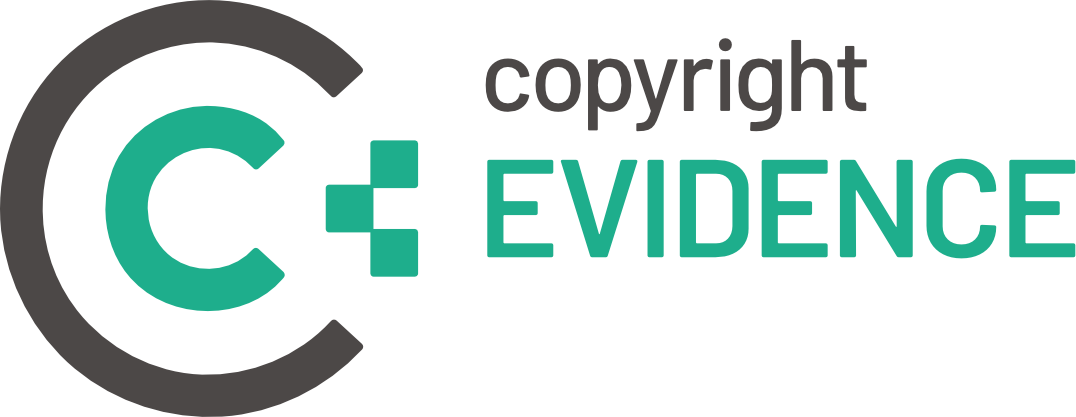
This is part of a series of summary posts rounding-up new entries to the Copyright Evidence Wiki (organised thematically). As part of CREATe’s workstream for the AHRC Creative Industries Policy and Evidence Centre, the Wiki catalogues empirical studies on copyright. This month, we summarise new featured studies on: Piracy, User-Generated Content and Copyright Literacy.
Piracy
What impact do streaming services have on piracy? Two new studies offer some insights. Nhan, Bowen and Bartula’s (2019) survey of university students finds that streaming services are now students’ primary means of movie consumption. As a result, more than half of the students surveyed report that they’ve stopped pirating movies due to access to these services. Further evidence from a study by Sardanelli et al. (2019) finds that external motivations (such as the category of movie) are most influential when determining whether a user will opt for a paid streaming service. The study suggests that coercion and threats of legal action are not effective in deterring piracy and re-aligning users to paid services; instead, streaming services should focus on improving the quality of their content by offering e.g. exclusive micro-series or sub-genres, which is a more effective motivator.
Till et al.’s (2019) study questions ‘who is pirating medical literature?’. Through a bibliometric review of 27.8 million Sci-Hub download requests for medical journals, they find that demand is highest from middle income countries, including India, China and Brazil. This is attributed to increasing educational attainment and rapidly growing medical industries leading to an increased demand for medical literature, whilst legal access remains limited.
User-Generated Content
De Souza-Leão et al. (2019) examine Brazilian YouTube videos based on popular cultural franchises, including Game of Thrones, Harry Potter and Star Wars. They find that users most frequently retell, re-interpret and create new stories for their respective sagas – effectively a form of ‘authoring’. They conclude that the cultural impact of a franchise, the time of its existence and the diversity of its fan base may influence how fans appropriate elements into their own productions.
In a pilot study of fan fiction writers, Katz (2019) finds that there is an overall belief that fan fiction “[may not be] legal, but it’s okay”. Most fan fiction writers feel safe from the law due to their non-commercial usage, whilst also citing ethical considerations. As such, they are not deterred by copyright fears, and broadly agree with its application with some fair and reasonable caveats.
The Player-Authors Project by Lastowka (2013) finds that most video game UGC is wholly original and non-infringing with only 25% of works surveyed being categorised as “derivative” or “referential” of existing works. 70% of players surveyed created UGC, spending on average 5 hours a week doing so – however less than half of these players shared this work online.
Copyright Literacy
Sims’ (2019) literature review of students’ knowledge of copyright concludes that “kids these days… may know more about copyright than you”. The study shows that students regularly think about copying, sharing, permissions and accreditation, which may be due to an immersion in e.g. social media. Because of this, students are more willing to engage with the realities and assessment of everyday infringement. Younger students also demonstrate the ability to assess questionable content (e.g. on YouTube) more quickly and efficiently than older generations.
Todorova et al.’s (2017) survey of library and information science professionals across 13 countries shows that overall knowledge of copyright-related issues is poor, with only 30.1% of respondents reporting “moderate” awareness and 30.1% being “somewhat” aware. In particular, less than 50% of respondents reported familiarity with copyright related issues with digitisation. Some differences in literacy are apparent at a multinational level, with the USA and UK as world-leaders, whereas Bulgaria, Croatia, Lithuania, Romania and Mexico report the lowest levels of knowledge.
